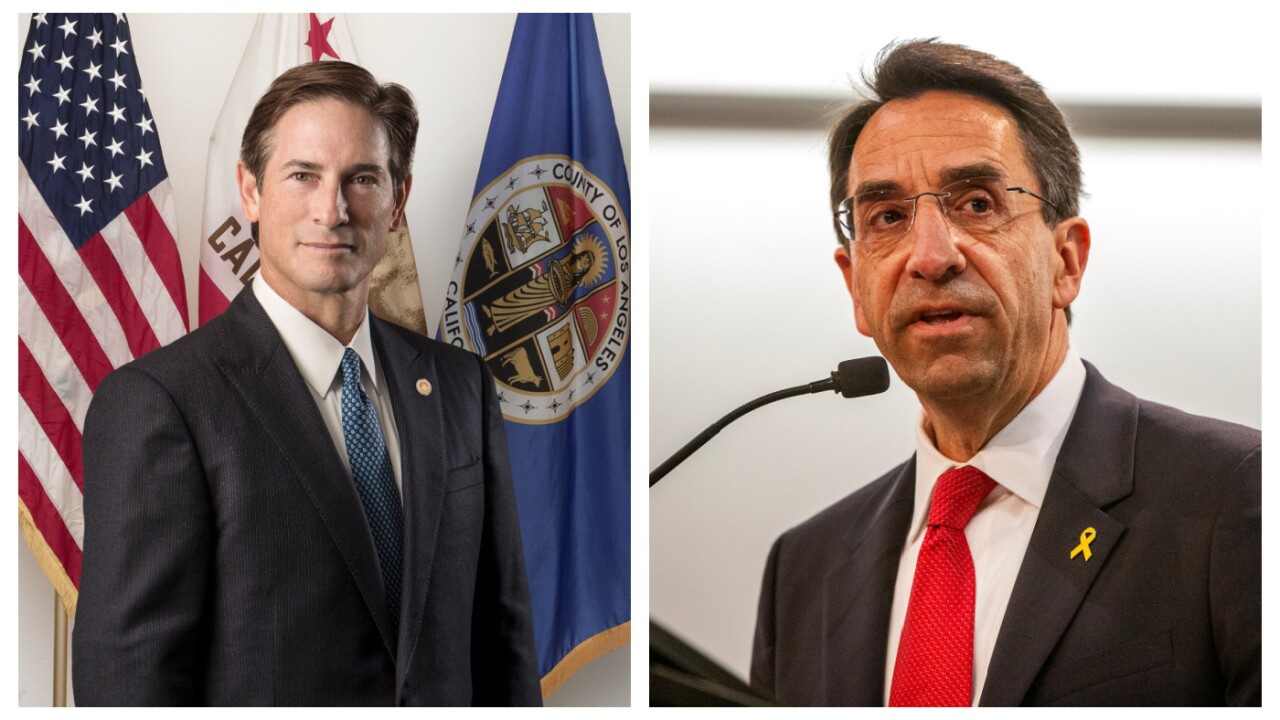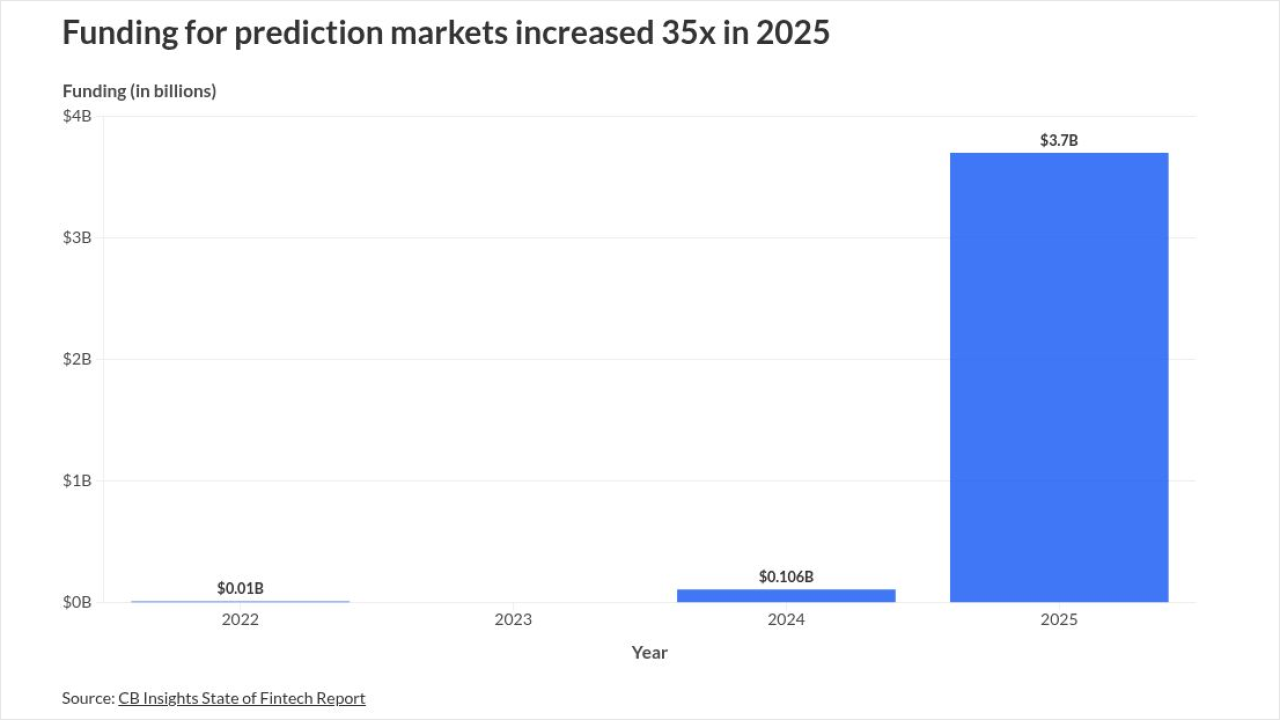-
Lawmakers are gearing up to intervene if regulators fail to resolve ongoing concerns about the treatment of collateralized debt obligations backed by trust-preferred securities under the Volcker Rule.
January 7 -
Regulators are hoping to release an interim final rule next week designed to satisfy banker demands to change a provision of the Volcker Rule that threatens to force smaller institutions to take millions of dollars in write-offs.
January 2 -
Ahead of a conference on Wednesday, the business lobbying group addressed a number of deficiencies it identified in the structure of the Financial Stability Oversight Council, a 10-member voting panel created under the Dodd-Frank Act and headed by Treasury Secretary Jacob Lew.
December 2
WASHINGTON The U.S. Chamber of Commerce made it clear Wednesday that it will continue efforts in 2014 to ease the impact of the Dodd-Frank Act, including potential involvement in a pending court action against the Volcker Rule.
In his annual State of the Business address, Thomas Donohue, the group's chief executive, included "fixing or replacing provisions of Dodd-Frank that simply don't work as planned" among the areas of focus for the business group's agenda in the New Year.
Donohue said the Chamber's concerns include the fact that many provisions of the law have not yet been implemented. "The Dodd-Frank bill alone has 398 rulemakings. Only half of these have been finalized after three years," he said in the address.
In a press conference following the speech, Donohue echoed criticism voiced by other industry representatives of the Volcker Rule, a provision in the law named for former Federal Reserve Board Chairman Paul Volcker, who proposed it that prohibits banks from proprietary trading and limits investments in hedge and equity funds.
Regulators released a final rule directed mainly at the largest institutions last month. But they encountered heavy criticism for including certain collateralized debt obligations backed by trust-preferred securities in the ban, thereby putting smaller banks in the crosshairs. A fix by the regulators is said to be in the works. But a lawsuit filed by the American Bankers Association, calling for a halt to the rule going into effect, is still pending. House lawmakers, meanwhile, have proposed their own solutions.
"The Volcker Rule was originally intended for the large financial institutions to raise the question about what investment they could do with their own funds," Donohue said. "Now it appears that it affects every small, midsized bank and financial institution in the country."
David Hirschmann, who runs the Chamber's Center for Capital Markets Competitiveness, told reporters after Donohue's press conference that the group is "looking at how" the dispute "could be solved on the regulatory, legislative and potential litigation side.
"The ABA did file a suit over the holidays. If that suit were to move forward, we would seriously consider filing an amicus [brief] in that case," Hirschmann said. "This is exactly why we urged [regulators] to re-propose the Volcker Rule to deal with things like this that they didn't anticipate."
Both Donohue and Hirschmann indicated the Chamber's efforts on Dodd-Frank will be targeted.
Hirschmann said priorities include pushing for resolution of a regulatory and legislative debate over implementing Dodd-Frank margin requirements for end users in derivatives transactions. He said end users need more certainty about how the rules will affect them.
"Time has passed. It's clear that these are very supportable, discrete changes. Nobody is trying to undo Dodd-Frank," Hirschmann said. "The [Consumer Financial Protection Bureau] is here to stay. What my members ask us every day is, 'What are the rules of the road going to be?' The fact that three years after the passage of Dodd-Frank we can't answer that question for end-users with a clear, simple answer is a problem."
He said the group also hopes the CFPB will begin to favor a more formal notice and rulemaking process over regulating through enforcement actions and guidance. He singled out the bureau's recent monetary penalty against Ally Financial to settle claims that the company discriminated against minorities through its indirect auto lending business.
The Ally fine was "an outrageous way to try to re-regulate practices," Hirschmann said. "I told [CFPB Director Richard] Cordray personally, 'If you want to write a draft rule and put it out for comment and do this in an open and transparent manner,' we may disagree on how they're doing it but we'll applaud the process."





